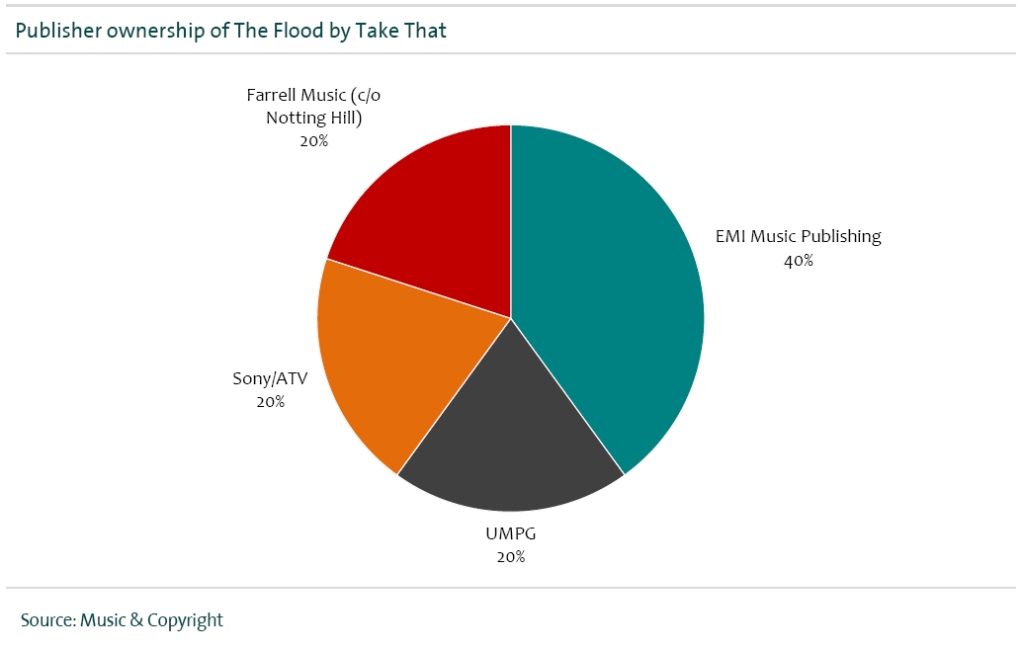Last year the European Commission introduced new proposals for a directive on the collective management of copyright and multiterritory licensing of music. The proposals, which target collection-society transparency and the efficient working of digital-distribution businesses in Europe, are working their way through a series of committees. After that, they must be agreed upon by the European Parliament and European Council of Ministers.
What the directive will not do is interfere with the way music publishers administer their rights. All of the major publishers and a number of independents have withdrawn the rights to certain repertoire for licensing on a multiterritorial basis. Some see these moves as a step towards the creation of a new form of fragmentation, one based on repertoire, rather than national borders. Publishers have long claimed that withdrawing certain repertoire rights streamlines the licensing process. However, music ownership can involve multiple publishers and therefore digital services that want to provide an all-encompassing offering still need to sign more licensing deals than the number of countries they operate in.
For example, publisher ownership of the Take That track “The Flood” involves four publishers (see chart) and so if a digital-music service wanted to offer the track then that service would have to agree a licensing deal with either the publisher of the publishers’ licensing representatives.
At a national level, digital-music licensing presents few problems. A single collection society can provide a license that includes not only its own managed repertoire but also the repertoire administered by other national collection societies. Despite the withdrawal of certain repertoire by a number of publishers, rights have been reaggregated back to national societies, and as a result the process of national service licensing normally involves just the one national collection society.
In Europe, subscription service Simfy is available in Austria, Germany and Switzerland. However, Simfy told Music & Copyright that it deals with six collection societies or licensing hubs. For each country’s national repertoire, the service has secured licensing agreements with each of the three national collection societies. Although Warner Chappell and UMPG withdrew the licensing of their Anglo-American repertoire from national collection societies, reaggregation and collection-society agreements has meant the national collection societies can still issue national licenses for the two major publishers’ content. However, to include Anglo-American repertoire from Sony/ATV, EMI Music Publishing and BMG, Simfy was required to sign licensing deals with the three publishers’ multiterritory administrators.
With digital-music services increasingly looking to operate in more than one country, dealing with multiple collection-societies is a very tiresome process and the Commission is making strides to break through the national roadblocks. But with publishers placing the administration of their repertoire in a number of different hands, the danger is they have created more fragmentation at a critical time in the European evolution of digital-music.
Music & Copyright
If you like this blog then Music & Copyright might be just what you are looking for. It is a fortnightly research service covering global copyright and legal issues affecting the music industry. It is unrivalled in its coverage of this complex and fascinating area of the music industry. It is also why our extensive client list includes companies and organizations from all sectors of the music industry operating all around the world. But don’t take our word for it, please get in touch and we will send you the latest issue.
Music & Copyright is published by Informa Telecoms & Media.

it seems even worse. Though none of the licencing societies/partners gives you a guarantee who else hast parts in the ownership. So even if you have your deals in place with say 4 or 5 societies you still are not sure if another party waits behind the next corner.
This is why a Europe or worldwide database is so important.